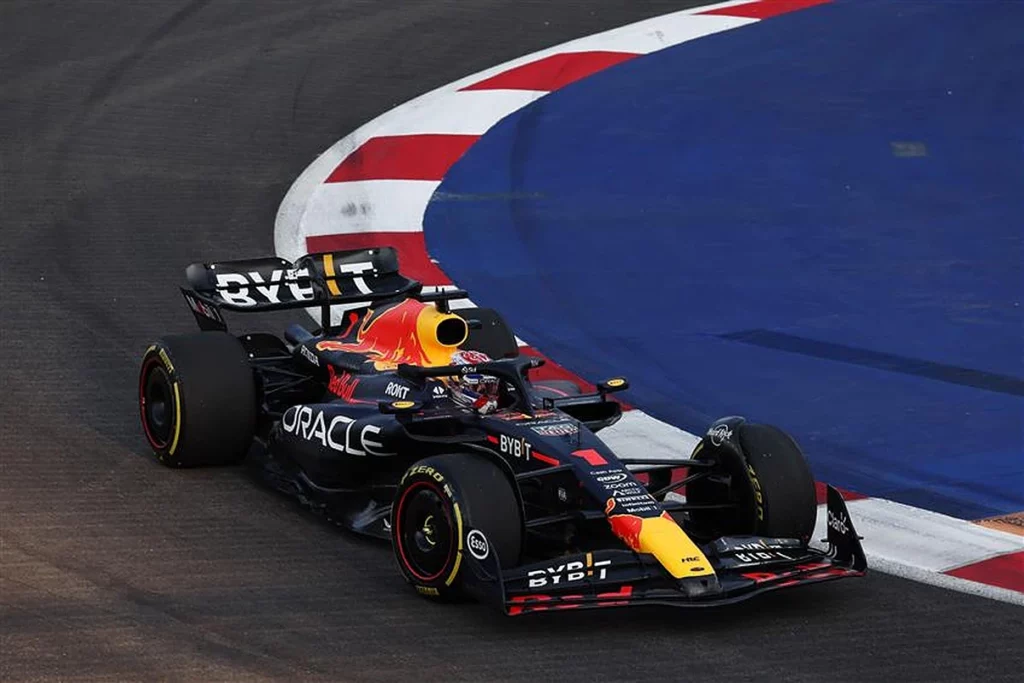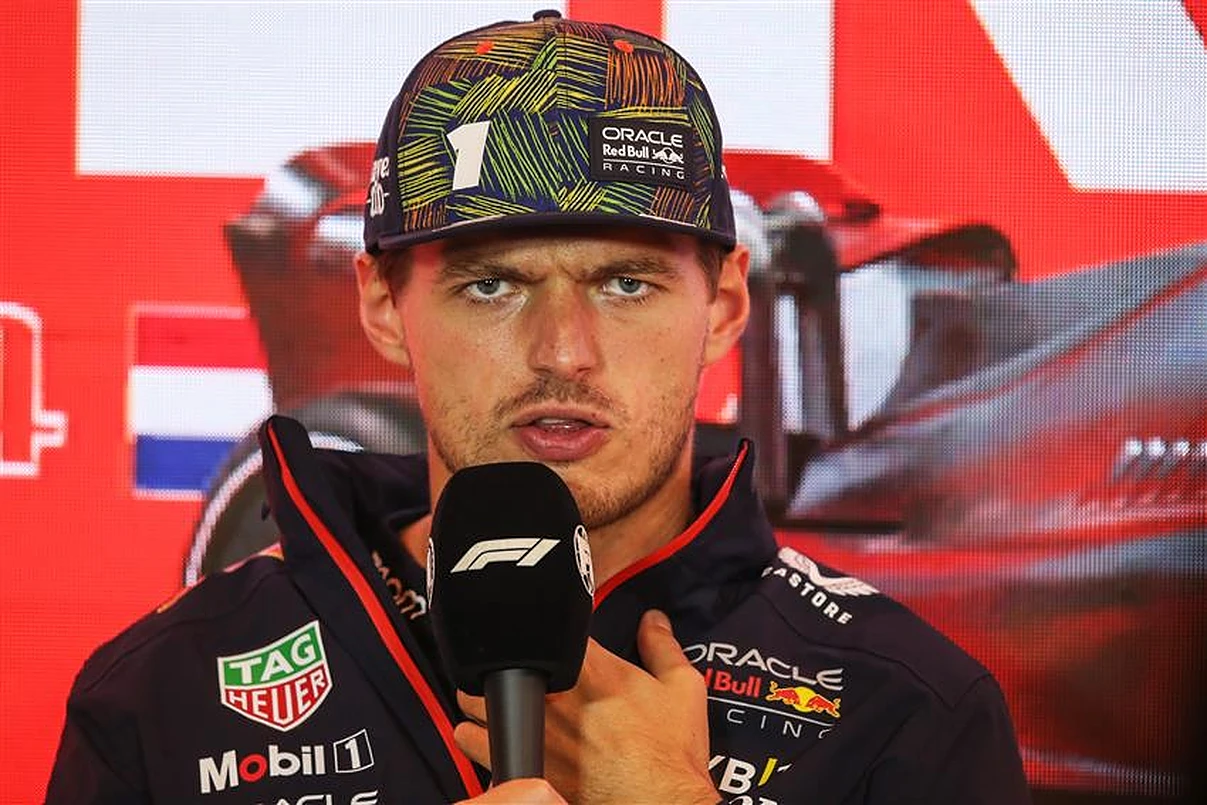The Singapore Grand Prix proved to be a challenging race for Red Bull Racing as Max Verstappen and Sergio Perez could only manage fifth and eighth place finishes, after a surprising double Q2 exit.
In a race that saw Carlos Sainz of Ferrari secure the first non-Red Bull victory of the season, Red Bull’s team principal, Christian Horner, reflected on the issues that surfaced during the weekend.
Horner emphasised that the primary issue Red Bull encountered in Singapore was related to the car’s set-up.
He stated after the race, “I think we have got a much clearer understanding, which is primarily a set-up problem.”

Want to work in Formula 1? Browse the latest F1 job vacancies
This setback prompted a reevaluation of their approach and valuable lessons for the development of their 2024 car.
Addressing the team’s simulation and preparation for the Singapore Grand Prix, Horner admitted that the initial analysis didn’t yield the expected results.
He explained, “I think that maybe our simulation before the weekend didn’t lead us to the right conclusion.
“Then you have to sort of unravel your way out of that.
“I think we just ended up in the wrong window and it exposed some of our weaknesses that the car has.”
Despite the difficulties faced in Singapore, Horner viewed this experience as a valuable lesson for the future.
He expressed optimism about addressing the issues revealed during the race when developing the RB20, Red Bull’s car for the 2024 season.
“But it has actually been a very useful lesson for next year because it gives us some very useful insight and certain things that hopefully we can address in our RB20,” Horner added.
In response to speculations that changes in regulations related to flexi-wings and floors had affected Red Bull’s performance, Horner dismissed such claims, emphasising the complexity of engineering in Formula 1.
He stated firmly, “It’s all engineering stuff.
“There’s no silver bullets in this business.
“I know all of you would love to blame the TD, but unfortunately we can’t even blame that because it’s not changed a single component on our car.”
Horner clarified that Red Bull had not been forced to alter any of their car components, responding with a definitive “No. Zero” when questioned about changes.
He reiterated the team’s commitment to addressing their issues internally and through strategic development.
READ: Aston Martin address Lance Stroll’s horror crash
Furthermore, Horner drew parallels with Mercedes’ own struggles in Singapore during their dominant periods in Formula 1.
He pointed out the high level of technology and competition in the sport, acknowledging that even dominant teams occasionally face challenges at specific circuits.
“Occasionally, to have a car that’s competitive across every single venue, in every condition, on every compound of tire, is a hell of a challenge,” Horner noted.

